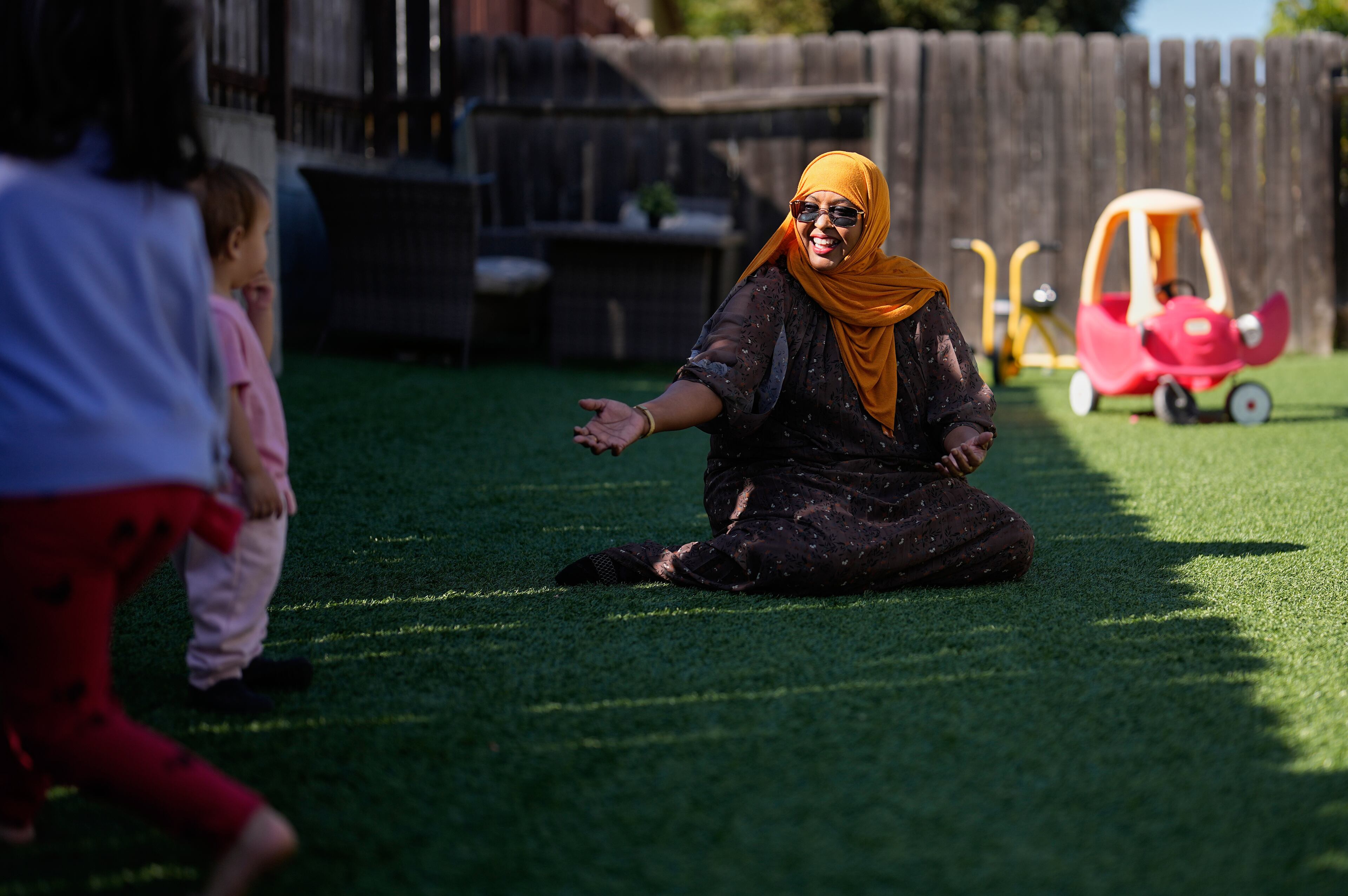Better behaved, more engaged: School cellphone bans seem successful so far

Courtney Wagner, like many metro Atlanta parents, had noticed her kids seemed disturbingly attached to their cellphones.
“I think the pandemic really set all of these kids back socially, and they really lean on their phones as a distraction in any kind of awkward social situation,” she said. Wagner noticed it especially during the school day, when her daughter, then a freshman, would text her repeatedly throughout or scroll on TikTok in class.
“I felt helpless,” Wagner said — until Midtown High announced this year that it would be one of several schools in the area to implement a cellphone ban, and require students to store their phones in locked pouches during the school day.
Now, her daughter and her son, a senior at the school, are happier, better students and more social.
“Not that they were not happy before,” she clarified. “But they seem funnier and more dialed in.”

This is what the school leaders in Atlanta, DeKalb County and Marietta were hoping for when they tightened restrictions on cellphones this year. They’re among a growing number of schools across the country that have begun turning to more severe measures to keep students off their cellphones during the school day. In metro Atlanta, the Yondr pouches have been the most popular method. Students keep their devices with them in a locked pouch; teachers and administrators have the key.
School administrators are reporting early successes with the stricter rules this year. Sequoyah Middle School Principal Sedrick Anthony said he’s seen an increase in attendance and student engagement and a decrease in disciplinary infractions in the few months his DeKalb County school has used the pouches.
“We didn’t really have a big issue with cellphones, but (the ban) still has helped,” Anthony said.
In Marietta City Schools, researchers at Emory University and Children’s Healthcare of Atlanta have been conducting focus groups and surveys to measure the new policy’s effects. Students have reported better-behaved classrooms and feeling more connected to their peers, the researchers found. And teachers say students are now more focused, more engaged, less disruptive and tardy less often.
Due in part to these promising results, the small school system in Cobb County is considering expanding the ban to the high school. In DeKalb County, it’s too soon for leaders to say whether they’ll expand the ban next year.

DeKalb County parent Elizabeth Johnson remembers touring a high school in May with her rising ninth grader and noticing students were visibly disconnected from their peers, instead focusing their attention on their phones or Chromebooks. “It was disheartening,” the mother of five said.
Now her high schooler and middle schooler attend schools that are testing out a cellphone ban and she’s thrilled — though she thinks she’s in the minority. Some parents have expressed concern about the expense (DeKalb paid $400,000 for about 15,000 pouches) or about the restriction of a privilege for their child.
One common concern has been about parents’ ability to contact their children during an emergency. But both Wagner and Johnson said they’ve been able to easily get in touch with their kids — be it by calling the school, messaging them on apps they already use to contact their students’ teachers or sending them emails they can still access on their laptops.
What’s more, both moms said they’re pleased their kids have to plan ahead when arranging rides after school or communicating about after-school activities.
“I was excited for my kids to learn that life skill,” Johnson said. “Sometimes, your phone is dead or you don’t have a battery or whatever.”
“Which sounds so basic!” Wagner said. “I just think it benefits everybody.”
There’s a simple way to test the difference, Anthony said: Just walk around a campus with a cellphone ban and listen.
“I see kids talking more than they would have in the past,” he said. “The cafeteria is a little bit noisier, but I’m OK with that.”



